India won Independence on 15th August, 1947. So why is it that we waited until 26th January, 1950, to declare India are a republic?
Today on our 71st Republic Day, let’s solve this little mystery for you:
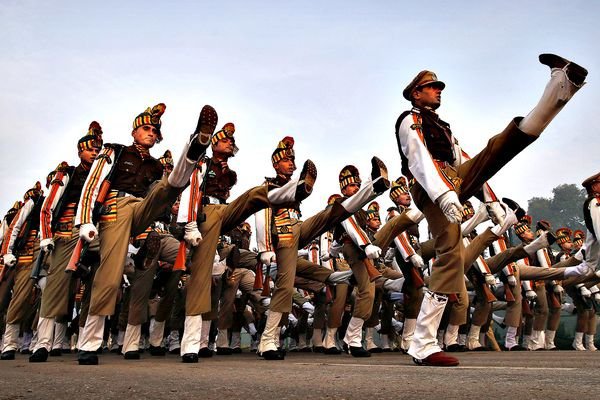
As surprising as it might sound, there was a time when the main aim of our leaders WAS NOT complete independence from the British.
Our leaders were in favour of Dominion Status, where the Monarch of the United Kingdom would still be the constitutional head of India.
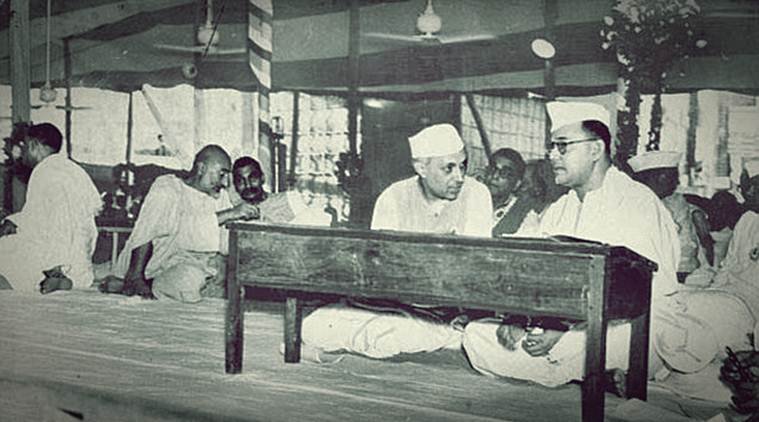
However, around 1927, Bhagat Singh, along with Hindustan Republican Association, were gaining prominence in the Indian political scenario. Unlike the congress, Singh & company had proposed the idea of complete independence.
This influenced the young leaders of the Indian National Congress like Subhash Chandra Bose and Jawahar Lal Nehru. They wanted Congress to demand complete independence as well, but their demand fell on deaf ears.
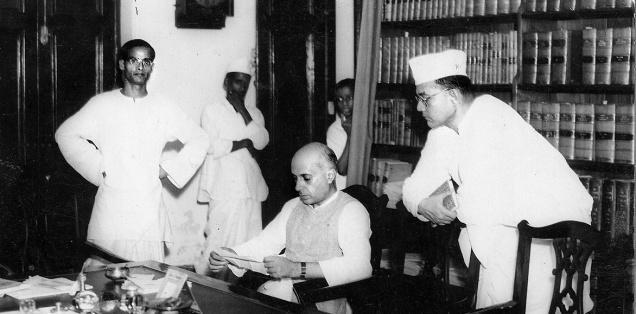
So, in the December of 1928, the Indian National Congress passed a resolution demanding Dominion Status, and gave the British government one year’s time. The British rejected the idea, saying that India was not ready for home rule or dominion status.
This angered the Congress. And during its session of December 1929, held in Lahore, a young Nehru was elected as President, and the Congress finally voted for Purna Swaraj (complete independence) as opposed to a dominion status for India.
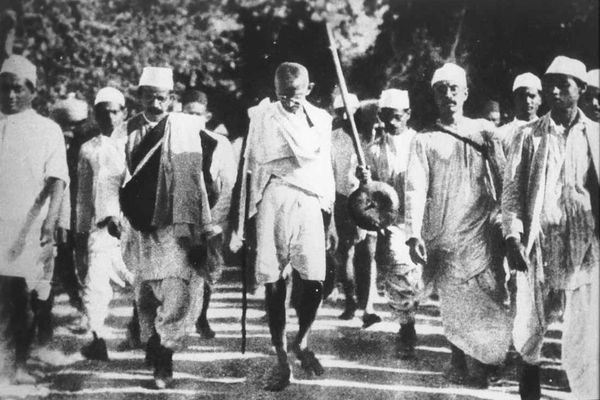
A resolution was passed, fixing the last Sunday of January, 1930, to be celebrated as our Independence Day, which incidentally fell on the 26th. On that day, Jawahar Lal Nehru hoisted the tricolour on the banks of Ravi in Lahore.
The Indian populous proudly celebrated India’s Independence Day on 26th January, 1930.
ADVERTISEMENT
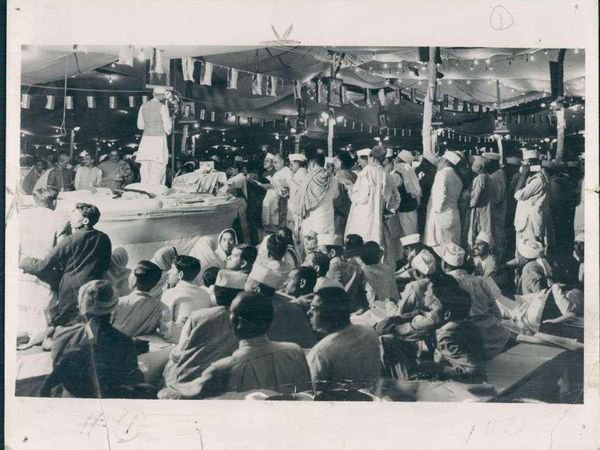
But the Brits were still around. Until the fateful day of 15th August in 1947, when India awoke to proper freedom. Our Constituent Assembly, however, was already formed in 1946. And our Constitution was ready by the 26th of November, 1949.
It was then that the leaders, in honour of the first Independence Day celebrations of 26th January, 1930, decided to wait for 2 more months to officially enforce it.
And that’s how 26th January came to be known as the Republic Day of India.
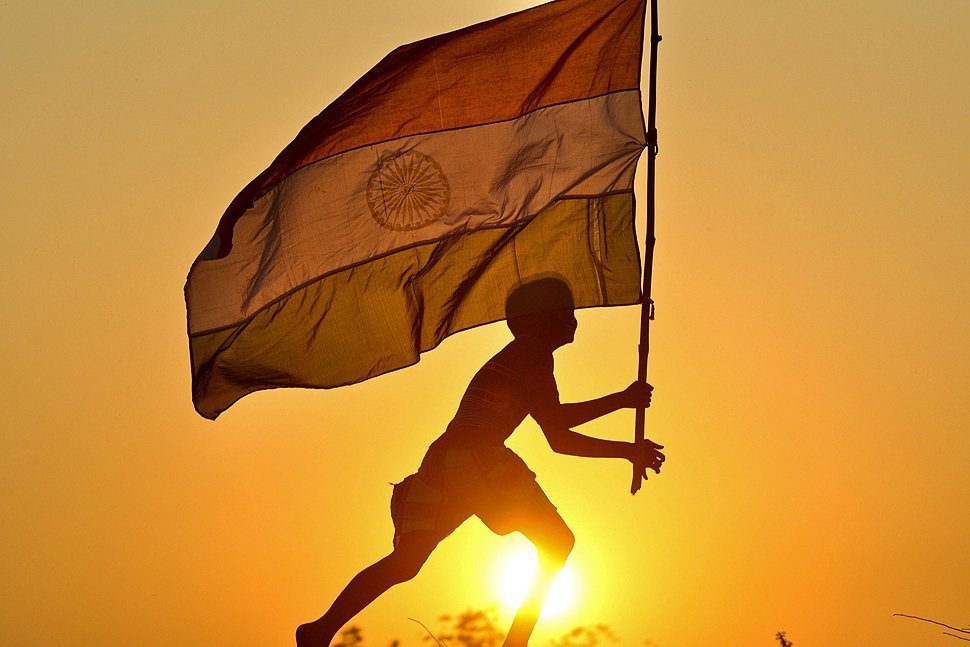
Jai Hind!
Top picks for you

















